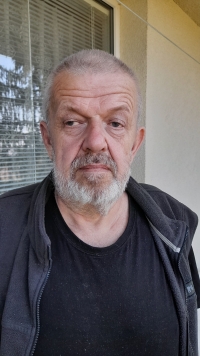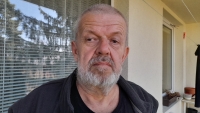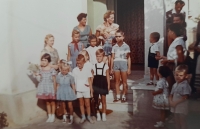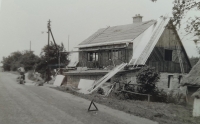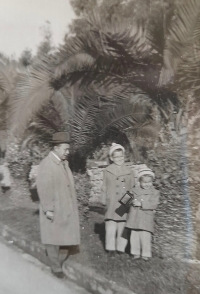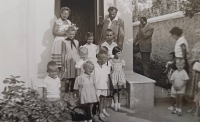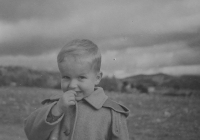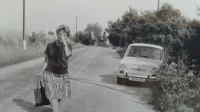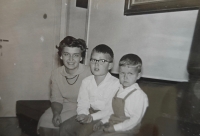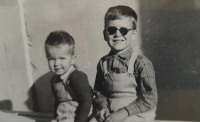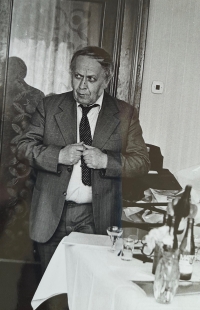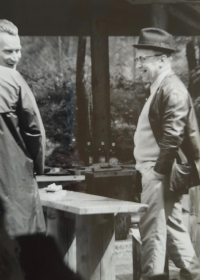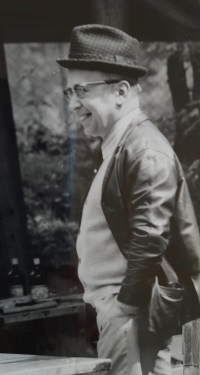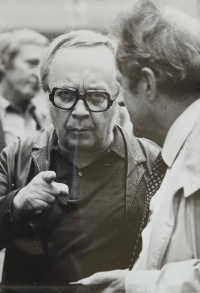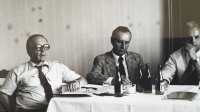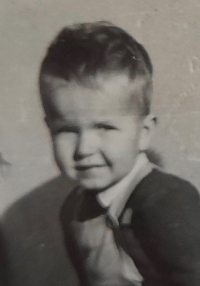You will never work in culture, the party would take care of that, said a party member

Download image
Michal Matoušek was born on August 6, 1953 in Prague into the family of Centrotex’s sales director Zdeněk Matoušek and his wife Marie. According to the witness’s memories, the father worked as a young communist during the war in the anti-Nazi resistance, the mother joined the Communist Party immediately after the war in 1945. The father graduated from the University of Economics and began to build a career. In 1955, when Michal was two years old, the family travelled to Greece, where his father worked as a sales representative for Centrotex. They returned to their homeland in 1959. Michal devoted himself to athletics, and from the age of 13 he also played chess, he enjoyed studying Czech language and literature. In 1968 he entered a sports grammar school. In the same year, his father was fired from the post of sales director of Centrotex and then from the Communist Party. During the normalization, he worked for the ÚBOK (Institute of Housing and Clothing Culture) as an ordinary clerk. Michal graduated from the Faculty of Arts of Charles University in 1972, majoring in Czech and philosophy. In the third year, however, he was fired for political reasons. He did not agree with discrimination against students who were not in the Socialist Youth Union, to which he himself belonged, and with censorship of literature. In 1976 he enlisted in the war in Sklene next to Handlova. Here he had a problem with the fact that he devalued the ballot during the election. He had no allowed time off, he was under the supervision of military counterintelligence. After returning from the war in 1978, he married. He found it difficult to find work for political reasons. Eventually, he found a job at a computer centre, at the Foreign Trade Mechanization, as a mainframe operator. After the coup in 1989, he and his colleagues founded the company s.r.o., but after about seven years, he was fired from the company he co-owned. Then he had a hard time looking for a new job. He found employment as a social services worker in a Drop-in Centre for Homeless People in Benešov, about which he wrote a book, “From the bottom”. He published three more books at his own expense. He was also a very good chess player, he bred German Shepherds for 25 years. He has been living with his second wife in Čerčany since 1985, with a son and two grandchildren.
